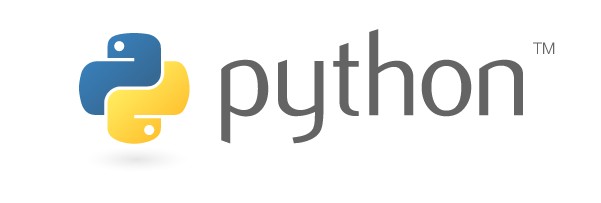Python has solidified its position as one of the most popular programming languages worldwide, and for good reason. Its versatility, readability, and extensive libraries make it a favorite for beginners and seasoned developers alike. If you’re looking to dive into the world of coding, Python is an excellent starting point. But with so many learning resources available, you might wonder: can a computer programming certificate actually help you learn Python effectively and advance your career prospects? Let’s explore the value of programming certificates in your Python learning journey.
Why Learn Python?
Before we delve into certificates, it’s crucial to understand why Python is such a sought-after skill. Python’s appeal stems from several key advantages:
- Beginner-Friendly Syntax: Python’s syntax is designed to be clear and concise, resembling plain English. This makes it significantly easier to learn, especially for those new to programming. You can focus on core programming concepts without getting bogged down by complex syntax rules.
- Versatility Across Industries: Python’s applications are incredibly broad. It’s used in web development (frameworks like Django and Flask), data science and machine learning (libraries like NumPy, Pandas, Scikit-learn), scripting and automation, game development, cybersecurity, and much more. This versatility opens doors to diverse career paths.
- Strong Community and Resources: Python boasts a vast and active community of developers. This translates to abundant online resources, tutorials, forums, and libraries. If you encounter a problem or need guidance, finding help is readily accessible.
- High Demand in the Job Market: Companies across various sectors are actively seeking Python developers. From startups to tech giants, the demand for Python skills continues to grow, making it a valuable asset in the job market.
 Python programming language logo
Python programming language logo
The Role of Computer Programming Certificates in Learning Python
While you can learn Python through self-study using online resources, a computer programming certificate offers a more structured and guided approach. Here’s how a certificate program can benefit your Python learning process:
Structured Learning Path
A well-designed certificate program provides a curriculum that breaks down Python learning into manageable modules. This structured approach ensures you learn concepts in a logical order, building a solid foundation step-by-step. Unlike scattered online tutorials, a certificate program typically offers a cohesive learning experience, preventing you from feeling overwhelmed or missing crucial fundamentals.
Credibility and Recognition
Earning a computer programming certificate can add credibility to your skillset. While practical skills and projects are paramount, a certificate from a reputable institution can signal to potential employers that you have undergone formal training and possess a recognized level of competency in Python. In a competitive job market, such credentials can help you stand out.
Focused Skill Development
Many Python certificate programs are designed with specific career paths in mind. For instance, you might find certificates specializing in Python for data science, web development with Python, or Python for automation. These focused programs allow you to tailor your learning to your career aspirations, ensuring you acquire the most relevant skills and knowledge for your chosen field.
Are Certificates Enough to Guarantee a Job?
It’s important to have realistic expectations. While a computer programming certificate can significantly enhance your Python learning and career prospects, it’s generally not a guaranteed ticket to a job. As the original article suggests, simply knowing Python, even with a certificate, might not be enough if you lack specialization or demonstrable expertise in a niche area.
To maximize your job market leverage, consider these points:
- Niche Down: Explore specific areas within Python development that are in high demand. Cybersecurity, as mentioned in the original article, is one example where Python is extensively used. Data science, machine learning, and specialized web development niches are other avenues to consider.
- Build a Portfolio: Complement your certificate with practical projects that showcase your Python skills. Create applications, contribute to open-source projects, or build a portfolio website to demonstrate your abilities to potential employers.
- Continuous Learning: The tech landscape is constantly evolving. A certificate is a starting point, not the finish line. Commit to continuous learning, stay updated with the latest Python trends and technologies, and expand your skillset beyond the certificate curriculum.
Choosing the Right Python Certificate
If you decide to pursue a computer programming certificate to learn Python, consider these factors when choosing a program:
- Curriculum Relevance: Ensure the curriculum aligns with your learning goals and career aspirations. Check if the program covers the specific Python areas you’re interested in.
- Institution Reputation: Opt for certificates from reputable institutions or online learning platforms known for their quality tech education.
- Hands-on Experience: Look for programs that incorporate practical projects, coding exercises, and real-world case studies to solidify your learning.
- Career Services: Some certificate programs offer career support services, such as resume workshops, job placement assistance, or networking opportunities. These can be valuable assets in your job search.
Conclusion
In conclusion, a computer programming certificate can indeed be a valuable asset in your journey to learn Python. It provides structured learning, enhances your credibility, and can focus your skill development. However, remember that a certificate is most effective when combined with practical experience, niche specialization, and a commitment to continuous learning. By strategically leveraging a certificate as part of a broader learning and career development plan, you can significantly increase your chances of success in the Python programming field.